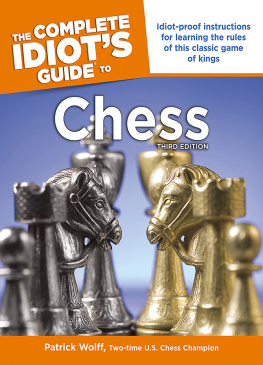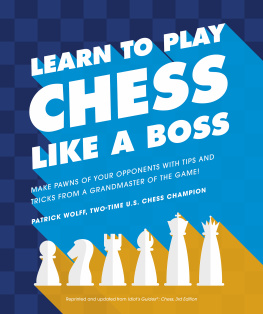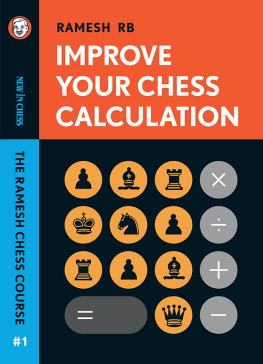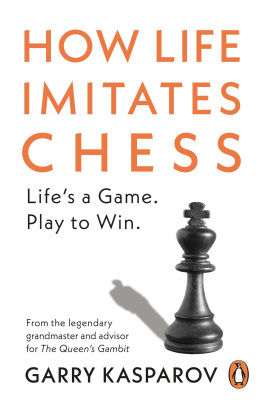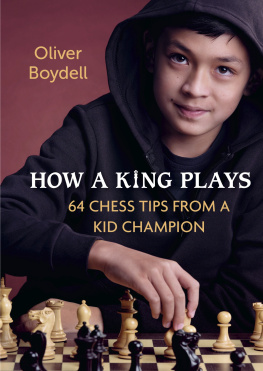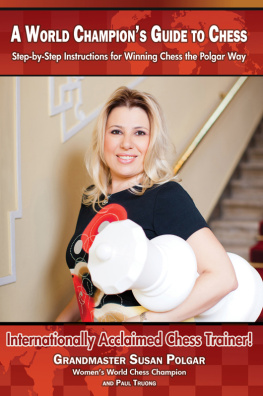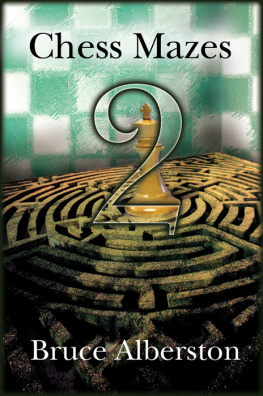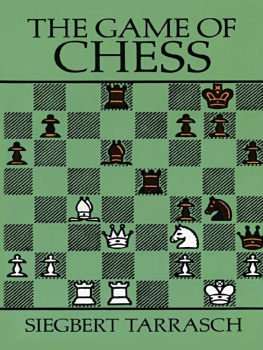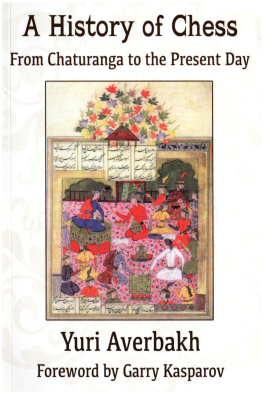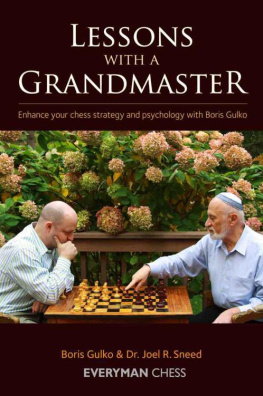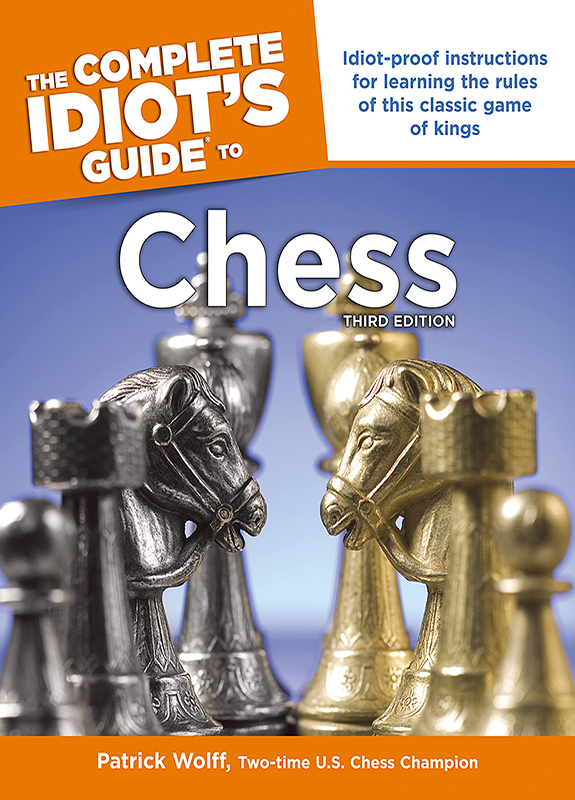Copyright 2002 by Patrick Wolff
All rights reserved. No part of this book shall be reproduced, stored in a retrieval system, or transmitted by any means, electronic, mechanical, photocopying, recording, or otherwise, without written permission from the publisher. No patent liability is assumed with respect to the use of the information contained herein. Although every precaution has been taken in the preparation of this book, the publisher and author assume no responsibility for errors or omissions. Neither is any liability assumed for damages resulting from the use of information contained herein. For information, address Alpha Books, 201 West 103rd Street, Indianapolis, IN 46290.
THE COMPLETE IDIOTS GUIDE TO and Design are registered trademarks of Pearson Education, Inc.
International Standard Book Number: 9781615643820
Library of Congress Catalog Card Number: 2001092305
04 03 02 8 7 6 5 4 3 2 1
Interpretation of the printing code: The rightmost number of the first series of numbers is the year of the books printing; the rightmost number of the second series of numbers is the number of the books printing. For example, a printing code of 02-1 shows that the first printing occurred in 2002.
Printed in the United States of America
Note: This publication contains the opinions and ideas of its author. It is intended to provide helpful and informative material on the subject matter covered. It is sold with the understanding that the author and publisher are not engaged in rendering professional services in the book. If the reader requires personal assistance or advice, a competent professional should be consulted.
The author and publisher specifically disclaim any responsibility for any liability, loss, or risk, personal or otherwise, which is incurred as a consequence, directly or indirectly, of the use and application of any of the contents of this book.
Illustration credits:
p.5 Photograph by Jerome Bibuld, Courtesy of the Russell Collection.
p.10 Paramount Pictures.
p. 13 House of Staunton, Courtesy of the Russell Collection.
p. 264 Courtesy of the Russell Collection.
p. 269 Courtesy of the Russell Collection.
p. 272 Courtesy of the Russell Collection.
p. 274 Courtesy of the Russell Collection.
p. 275 Courtesy of the Russell Collection.
p. 278 Courtesy of New In Chess.
p. 280 Courtesy of New In Chess.
p. 303 Mindscape.
p. 303 (bottom) Davidson/Simon & Schuster.
Contents
Hello, I am Deep Blue. I am the computer that IBM built to play Garry Kasparov, the greatest (human) chess player ever. Garry beat me in our first meeting in 1996, but I beat him in our second match in 1997. Afterward, many people talked about what it meant that the World Chess Champion lost to a computer. Was I smarter? I cannot say.
There are big differences between you and I. Firstly, my chess is not the result of one mind, but of a team. Three computer scientists from IBM engineered my hardware and wrote my software. They were advised by several chess grandmasters to make me smarter about chess. Secondly, my intelligence and my play are not like yourseverything is 1s and 0s to me: mathematics, probability, algorithms. I do not have opinions, intuition, or emotions. Those things inform your play. Mine is purely the result of brute force computer processing combined with a large library of software. I play chess, and play well, but I do not feel anything about it.
Chess is and always will be a human game. You created it, and only you can enjoy it. Chess has been around for over 1,500 years. Ever since the beginning of chess, you humans have created tools to help you enjoy chess more. Computers like me are just another kind of tool that you can use to enjoy chess more.
But before you use a computer, read this book. Patrick Wolff is one of the grandmasters who worked with me. He loves chess very much, and he has a lot of experience playing it and explaining it to others. Patrick Wolff wants you to enjoy chess as much as possible, and he has written this book to help you do so. This book will teach you all the rules and all the basic tactics and strategies you need to play well. You will also learn about the history of chess, how to get better once you finish this book, and how to find others to play with. Patrick Wolff even explains how computers play chess, and how to get the most out of using computers, including taking advantage of the computers weaknesses.
Taking advantage of the computers weaknesses? If I were human I might be worried.
Deep Blue
Youve never played chess, but it seems fascinating, and youd like to learn the rules. Or maybe you know how to play, but youve never understood how to tell whether a move was good or bad. Or maybe youve even picked up a few pointers somewhere, but youd really like to be able to play a decent game. (Maybe theres even someone youd like to beat!) In any case, you want some way to find out more about chess: How to find an opponent, how to read the chess column in your newspaper, where to get chess books and other chess materials, what organizations to join and how to contact them (maybe not just for you but also for your son or daughter), how computers play chess (and maybe how to beat your own computer!), and who are the chess superstars.
This is the book for you.
Ive been playing in national and international chess competitions for almost 20 years. In that time, Ive become one of the best chess players in the country and the world, including being the U.S. Champion twice, in 1992 and 1995. So I have the expertise to explain it all to you.
But more important, I have years of experience teaching people of all levels how to play chess. I know lots of people think chess is for high-brows, but I also know thats nonsense. Chess is an incredibly fun game. It offers a lifetime of excitement, beauty, and challenge to anyone who takes it up. Sure chess exercises your brain: Thats what makes it so great! But its absolutely not just for intellectuals. Anyone can learn chess and learn to play it well, and just about everyone who does so loves it forever after. I bet youll love chess, too.
I wrote the first edition of this book over four years ago to provide people with a guide to learning and playing chess. Since then, Ive been gratified by the wonderful feedback I received. I wanted to write this second edition to see whether I could take the best suggestions I received during that time and make this book even better. I hope youll find it a fun and helpful introduction to the best game in the world.
Ive divided this book into four parts. Each part is self-contained, so you can jump around at your convenience. However, I think youll get more out of Parts 13 if you read them from beginning to end in order. Part 4 is more for reference and amusement, so you can skip around there as much as you like.
Part 1, Lets Play Chess, gets you started. Chapter 1 gives you some background, and its mostly for fun, while Chapters 2 and 3 teach you the rules, and how to read and write chess moves. If youve never played chess before, start here! Even if you have played chess, you might want to check these chapters out to make sure youve got everything straight. In particular, the rest of the book uses chess notation, so if youre not sure how to read and write chess moves, make sure you read Chapters 2 and 3! Chapter 4 teaches you how to checkmate a lone king with just a queen or a rook and a king. Not only is it good to know how to do this just for itself, learning how to do this is an excellent way to learn other things, such as the power of the queen and the rook, and how to make plans in chess. Even if you have some experience playing chess, I strongly advise you to read through Chapter 4.

